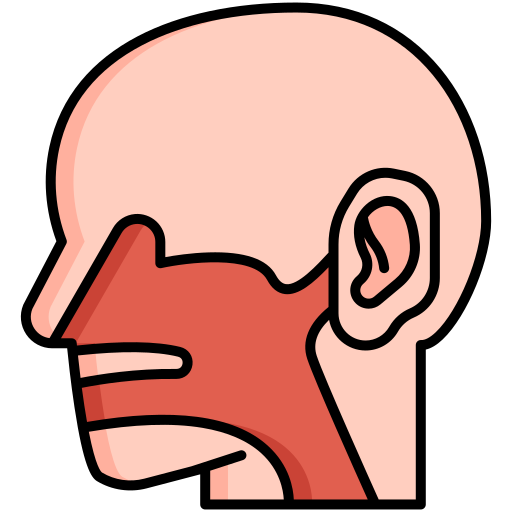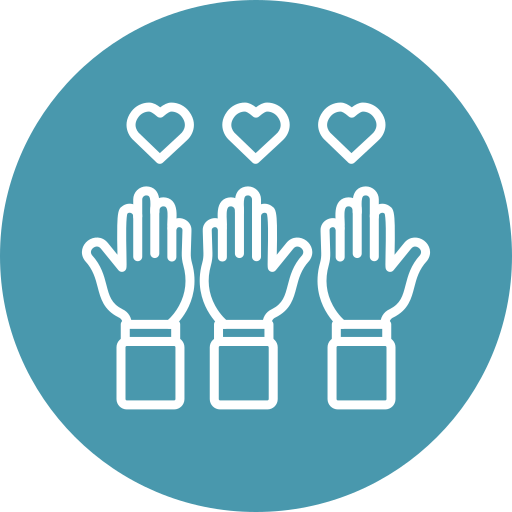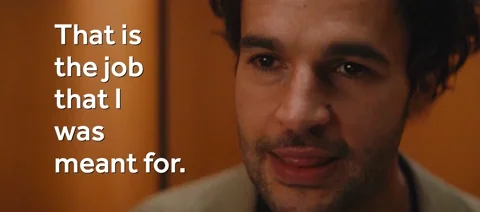So you think you might want to be a speech-language pathologist?
This career could take you along many different paths.

But along the way, you'll discover how rewarding it can be to help others find their voice.
First, you’ll have a few degrees to complete, but each one brings you closer to making a difference.
Why Choose Speech-Language Pathology?
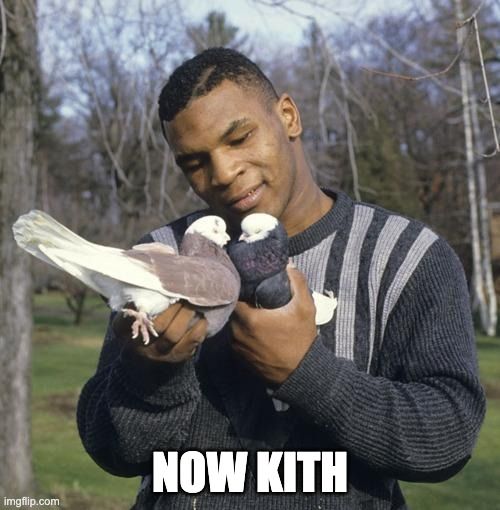
Do you enjoy helping others?
Becoming a speech-language pathologist (SLP) can provide many career and life fulfillment opportunities, such as:
Variety of locations and patients
Schools
Home health
Inpatient/outpatient clinics
Hospitals
Specialize in adults or pediatrics
Salary
United States
Entry level: $48,093
Average: $79,040
Top 10%: $120,000
Canada
Entry level: $69, 020
Average: $89,292
High end: $109,431
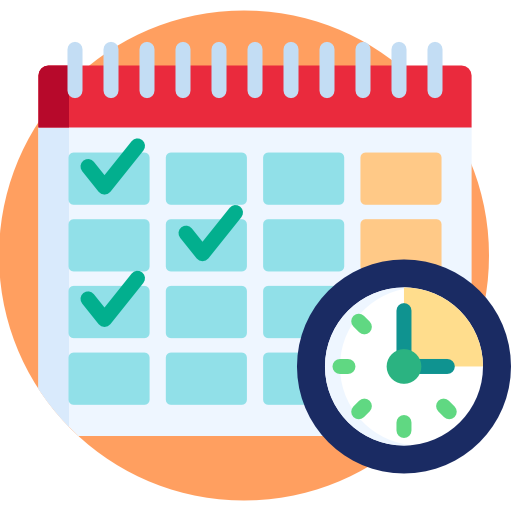 Autonomy
Autonomy
Some locations require set hours like in a school or a hospital, but at most locations, SLPs can create their own work hours in places like home health or outpatient clinics.
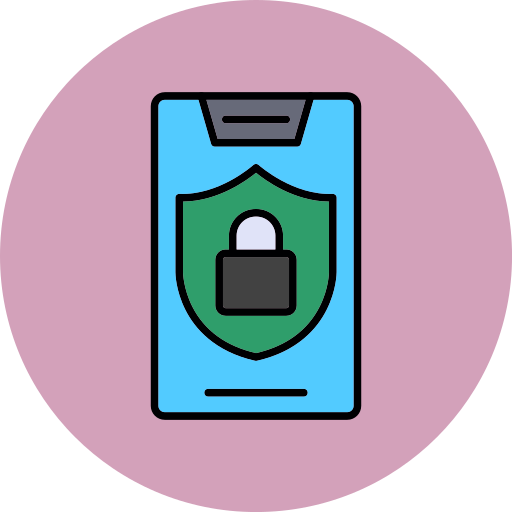 Job Security
Job Security
Speech-language pathologists are in high demand. They rank high for job satisfaction and future growth.
Quiz
What location(s) could a speech-language pathologist work in?
Study Options

To become a fully licensed speech-language pathologist, a Master’s degree is required.
The most common path is to earn your Bachelor’s in Communication Sciences and Disorders (CSD) and then begin your Master’s in Speech-Language Pathology.
 Some schools offer an accelerated Bachelor’s to Master’s track.
Some schools offer an accelerated Bachelor’s to Master’s track.

Instead of:
4 years of undergrad
2 years of MS
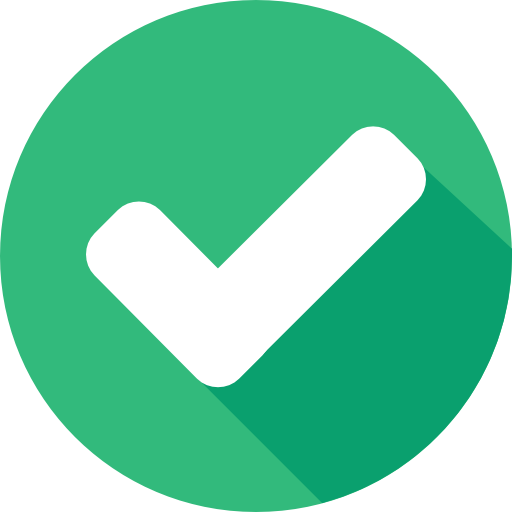
You get to:
Complete both degrees in 5 years
Save time and money, and move on to additional levels of study and your career sooner.
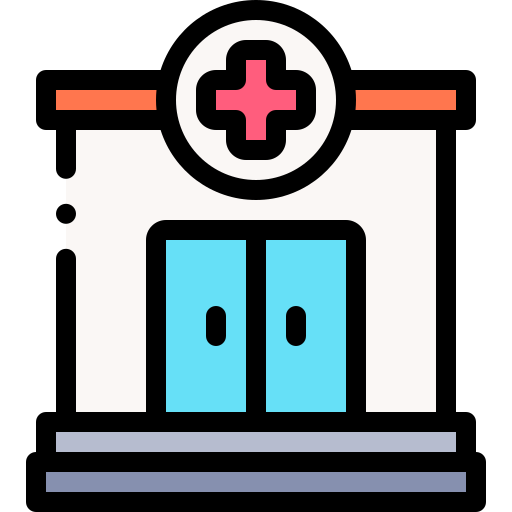 Clinical Requirements
Clinical Requirements
During your Master’s, you'll complete at least 400 hours of supervised clinical experience.
At least 25 hours must be spent in guided observation
At least 375 hours must be spent in direct client/patient contact
In this video, Emilyy Elizabeth Davio walks you through her experience of clinical placements as part of her Master’s program.
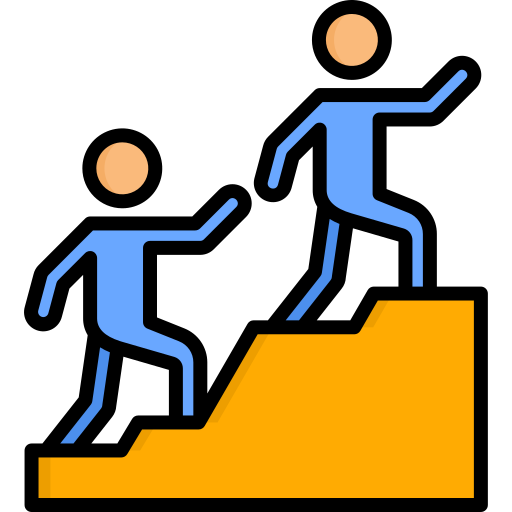 Clinical Fellowship Year
Clinical Fellowship Year
Once you've graduated, you'll need to complete a Clinical Fellowship Year (CFY).
CFY = mentorship year
You'll need to find your own mentor
You can ask SLPs you've worked with during your Master’s clinical placements
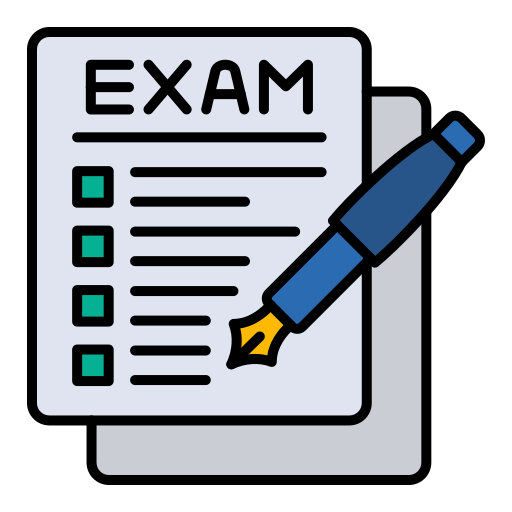 Praxis Exam
Praxis Exam
During your CFY, you'll also be studying for and taking the Praxis exam, a standardized test required to earn your CCC-SLP (a key credential that allows you to get a license to practice).
Be sure to consider state licensing requirements when scheduling the exam.
Knowledge & Skills
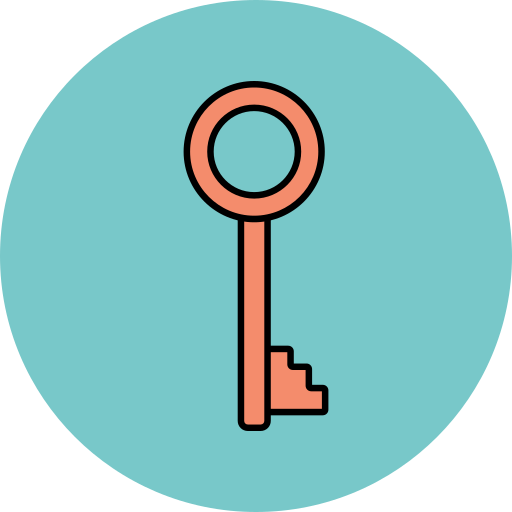
Key Subjects
Phonetics
Anatomy and physiology of speech and hearing
Neuroanatomy
Audiology
Language development

Skills Acquired
Diagnosing and treating speech, language, and swallowing disorders
Critical thinking
Problem-solving
Interpersonal communication skills
Preparing & Succeeding

If you fail to plan, you are planning to fail!
— Benjamin Franklin
Prerequisites for MS
You'll need a Bachelor’s degree in Communication Sciences and Disorders (CSD), or related coursework in anatomy, physiology, and linguistics.
Internships, Volunteering, and Shadowing
Shadow SLPs
Volunteer in settings like schools and clinics
Speech-Language Pathology Assistant (SLPA) opportunities
Study Habits & Time Management
Develop effective study routines and use academic resources like:
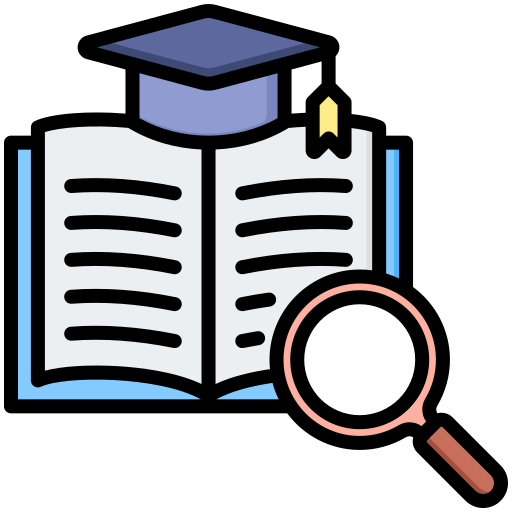 Study Strategies
Study Strategies
Plan ahead
Map your due dates
Eliminate distractions
 Academic Resources
Academic Resources
Tutoring centers
Peer groups
Faculty office hours
Networking and Building Connections
To build your professional network:
Join student organizations
Attend events hosted by professional organizations like ASHA
Potential Careers
Potential careers and their average median salaries:
Pediatric hospitals: $92,975
Rehab hospitals: $80,000
Outpatient clinics and offices: $83,500
Skilled nursing facilities: $97,100
Assisted living facilities: $104,150
General medical/VA(veterans)/LTAC(long-term acute care) hospitals: $85,420
Patients’ homes: $91,346
Schools: $83,720
Telepractice: $92,039
Private Practice: $92,000
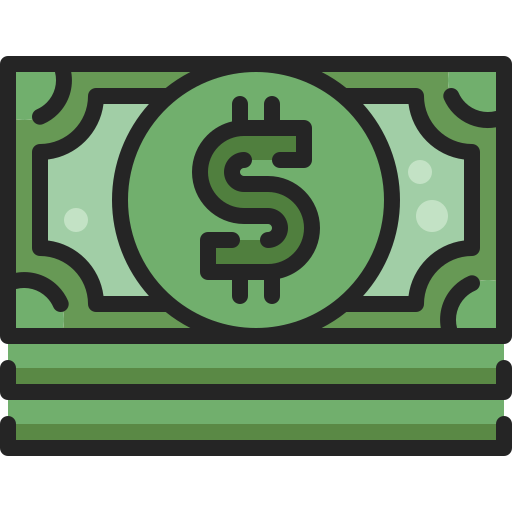
Quiz Time!
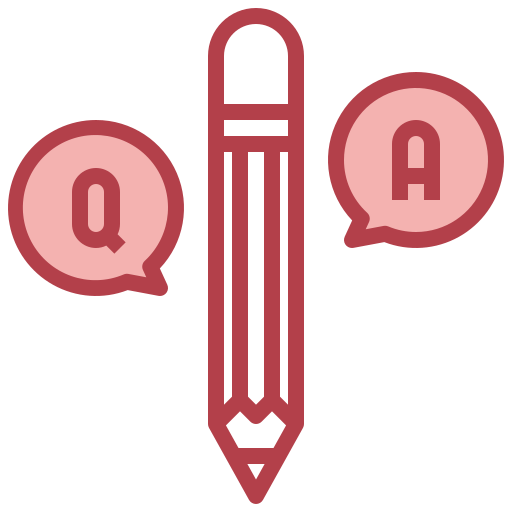
Who is the best candidate to pursue a speech-language pathology program?
Taylor is fascinated by science, especially how the brain affects speech and language. She’s volunteered in a clinic, enjoys working one-on-one with people, and is interested in a career that combines healthcare and education.
Jordan is passionate about helping people communicate better and enjoys public speaking and group discussions. He’s curious about how language works and loves finding ways to help others express themselves, whether through teaching, coaching, or media.
Quiz
Who is the best candidate for a speech-language pathology program?
Take Action
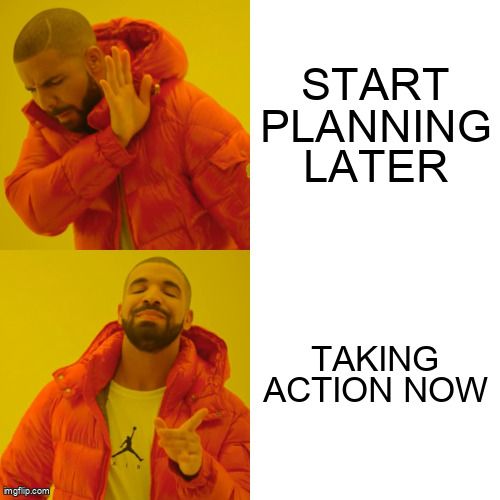
Your feedback matters to us.
This Byte helped me better understand the topic.



